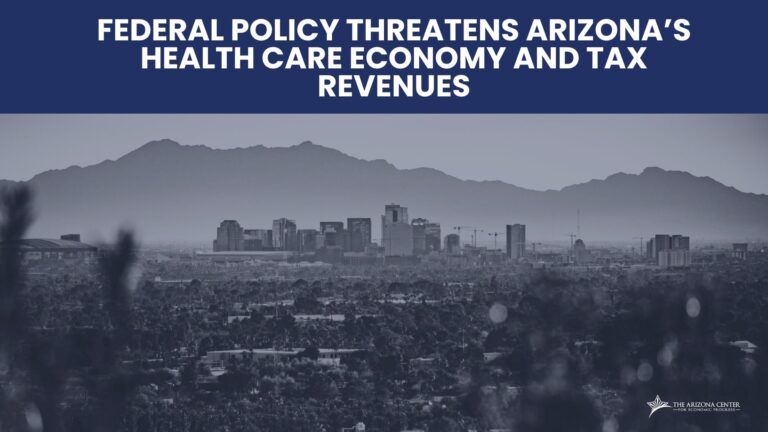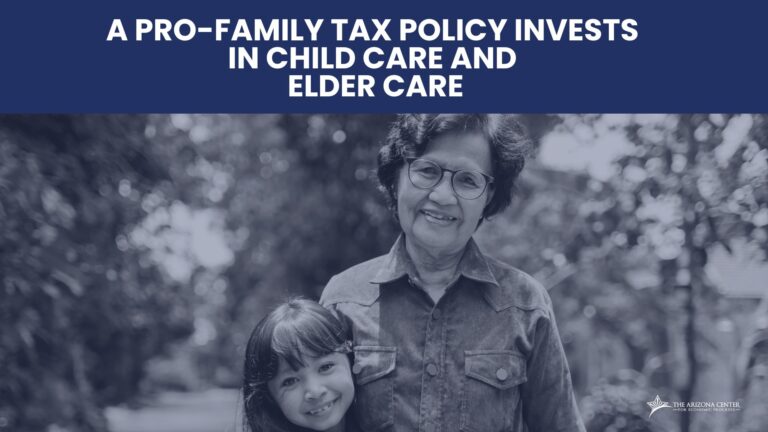
Flat Tax Exacerbates Inequalities for Households of Color
Arizona’s elected leaders have created a tax code that is upside down and regressive– meaning that those with low incomes pay a much higher share of their income in taxes compared to Arizona’s highest income earners. Our state’s tax code is both a product of and perpetrator of stark racial inequities. The cumulation of Arizona’s tax policies has disparate impacts on people of color and exacerbates income and wealth inequalities across the state.
Arizona’s current state tax code exacerbates the impacts of historical patterns of racism by requiring the lowest-income groups – a disproportionate share of whom are American Indian, Black, and Latinx – to pay a larger share of their income in taxes. For instance, when all types of state and local taxes are combined, income, sales, and property – American Indian, Black, and Latinx with incomes in the lower 80 percent pay nearly 9.7 cents of every dollar they make in taxes, compared to just 7.3 cents on the dollar for wealthy, mostly white residents. Our tax code is explicitly designed to benefit the wealthiest Arizonans, instead of uplift and support struggling families. These policies include eliminating the estate tax in 2006 and taxing capital gains at a rate lower than earnings, as well as heavy reliance on regressive sales and excise taxes to fund state investments, such as roads, parks, libraries, and public safety.
Flat Tax is Skewed to Benefit Arizona’s Wealthiest Taxpayers and Exacerbate Inequalities for Households of Color
The Governor and some Arizona legislators are considering a flat income tax proposal that will permanently cut 1.4 billion dollars in state revenues, the largest tax cut in the last three decades. Like most tax cuts over the last decade, the tax cut and provisions aim to further benefit Arizona’s top income earners instead of Arizonans struggling to get by. The new 2.5% flat income tax will give 91 percent of the tax cuts to people in the top 20 percent of incomes – those earning over $114,000 a year and only 8 percent to the remaining 80 percent of Arizonans.
Arizona elected officials can do more to help undo the harmful legacies of favoring the wealthy and the damage caused by continuing racial bias and discrimination in our tax codes for communities of color and low- and middle-income households. The tax code is an incredibly powerful and essential tool, shaping our fiscal policies and the priorities we invest in. If state budget and tax policies were designed to address these harms and create more opportunities for people of color, the state’s economy would be more equitable and benefit all Arizonans. Elected officials can make our tax code more racially just by replacing regressive and outdated policies with reasonable taxes on excessive wealth and property, and by providing equitable treatment and opportunities to those who are struggling to get by.
Notes:
The Institute on Taxation and Economic Policy (ITEP) microsimulation tax model is a tool for calculating tax revenue yield and incidence, by income group, of federal, state and local taxes. The ITEP model is frequently used to analyze federal and state tax proposals and to look at the impact of current tax policies on issues of public concern.



